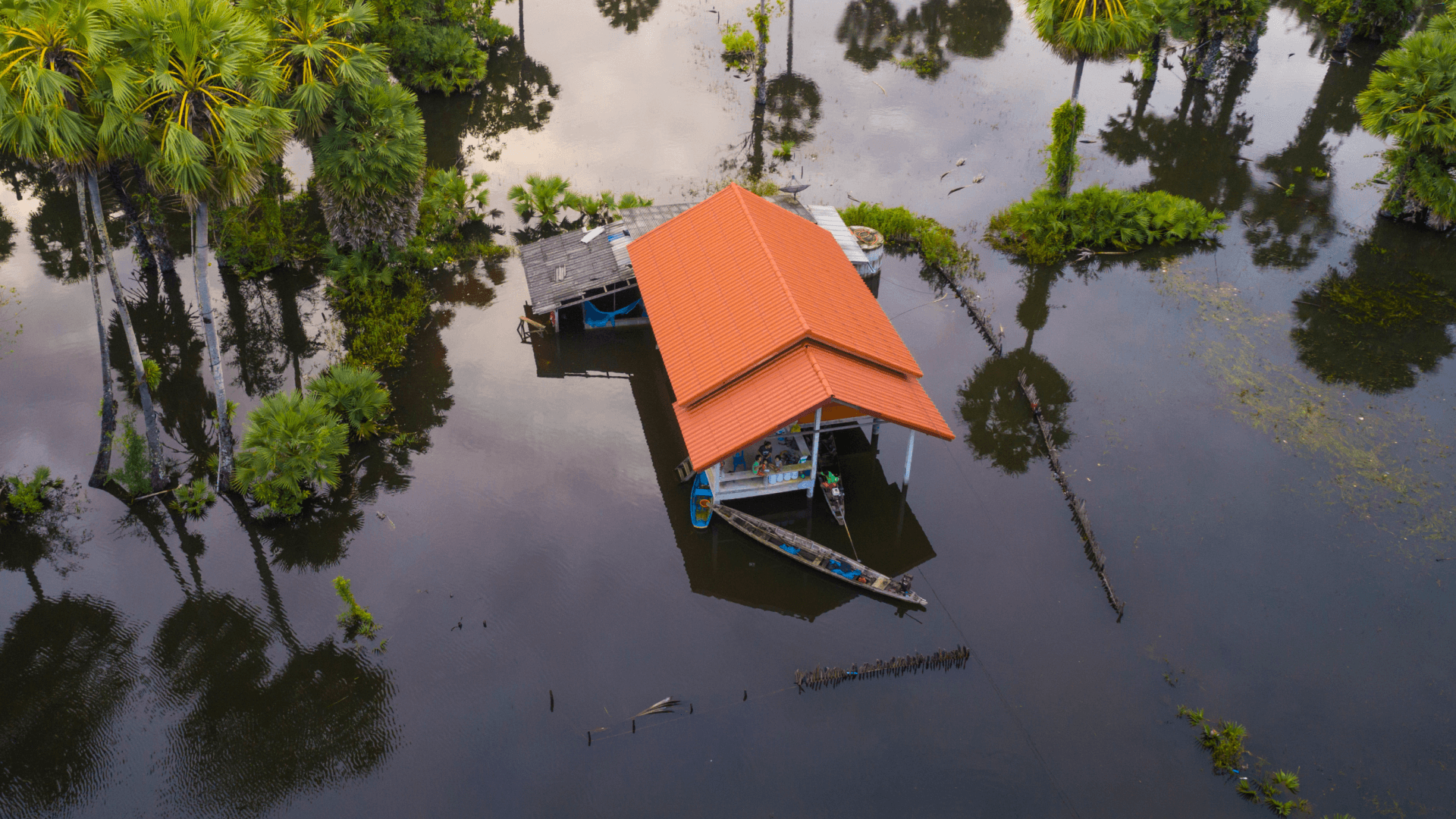With news that Nationwide will drop 10,525 homeowners insurance policies in eastern North Carolina, experts fear the state is facing an insurance crisis similar to that of Florida and California. Nationwide’s decision, which was first reported by The Virginian-Pilot, comes as more carriers pull back coveraged in high-risk areas all over the U.S. More than half of the policies will be nonrenewed because of hurricane risk, a spokesman for the North Carolina Department of Insurance said. Nonrenewals started on July 16, but homes with renewal dates from December to July 15, 2024 may be yet to receive notices. Home insurance companies in North Carolina are required to give 30 days’ notice of a nonrenewal.
Natural disasters have put pressure on homeowners insurance companies across the country. Home insurance premiums increased by an average of 21% at renewal from May 2022 to May 2023, according to the 2023 Policygenius Home Insurance Pricing Report. Over that period, they rose 19% in North Carolina, but within each state, areas that face more extreme weather conditions are at greater risk of higher increases. Brenda Wells, a professor and director of the risk management and insurance program at East Carolina University, says her premium increased by almost 50% when her homeowners insurance renewed in February.
“That hurt,” she says. “The homeowners market in North Carolina is definitely changing, and it is not changing in a way that most consumers are going to like. Rates are only going to go up from here.”
Why home insurance companies are pulling back
Extreme weather is becoming more frequent. There were almost twice as many climate or weather events from 2010 to 2019 (131) that exceeded $1 billion in damage as there were in the previous decade (67), and the pace of these events continues to increase. [1] Insurance companies have raised rates in response, and in the most disaster-prone states, like Florida and California, they have stopped taking on new customers or gone out of business. They have also raised premiums in response to economic factors like inflation, supply chain issues, and labor shortages, which have raised home rebuilding costs.
“We may ultimately have a severe homeowners insurance market crisis on our hands,” Wells says. “I hope we don’t, but I’m bracing for the worst.”
What homeowners can do
Unlike in California and Florida, states like North Carolina still have plenty of options for coverage. Wells advises homeowners to shop around if they’ve been dropped from their policy. Using your declarations page, a quick summary of your policy coverages and amounts, is an effective way to compare what other carriers might charge for the same amount of coverage. But be prepared for higher rates and higher deductibles than you had before, especially related to wind and hail damage, Wells says.
“The days of a $1,000 deductible on a $500,000 house are history,” she says. “You’re looking at a minimum 1% of the total policy limit. So if you have a house insured for $300,000, your deductible will be a minimum of $3,000, and 2% to 5% is becoming more common every day.”
Homeowners insurance companies also offer discounts if you bundle your home and auto insurance through the same company or if you install protective devices in your home. If you can’t find an insurance company on your own, try a marketplace like Policygenius or a local independent insurance agent who knows what options are available where you live. If all else fails, consider surplus lines insurance, which is offered by carriers that specialize in covering high-risk properties, or a Fair Access to Insurance Requirements (FAIR) Plan, a type of last-resort coverage offered by certain states.
Image: Bloomberg Creative / Getty Images


